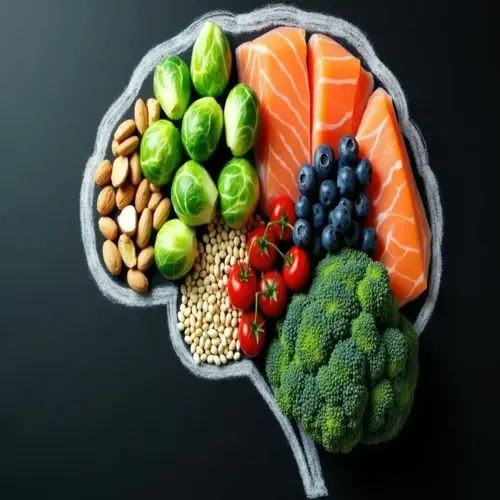What factors inhibit zinc absorption?

Written by
Stella Nilsson
Reviewed by
Prof. Benjamin Murphy, Ph.D.Many dietary constituents lower your zinc absorption efficiency in the body. Phytates found in cereal foods and legumes form insoluble compounds with zinc, which prevents absorption. Excessive calcium intake competes with the same absorption channels, limiting mineral uptake. Tannins present in beverages such as tea and coffee bind to zinc during the digestive process. Knowing these inhibitors helps optimize your nutritional intake.
Plant-Based Inhibitors
- Phytates in whole grains reduce zinc absorption by 40-50%
- Oxalates in spinach and rhubarb form insoluble zinc compounds
- Fiber overload physically traps minerals during digestion
Mineral Interactions
- High calcium doses (>800mg) compete with zinc for transporters
- Iron supplements taken with meals reduce zinc uptake efficiency
- Copper excess interferes with zinc metabolism at cellular level
Phytates are the most significant absorption blockers, especially in plant-based diets. In grains and seeds, they bind zinc considerably and hold it in an unavailable form. Soaking oats overnight pre-digests them, reducing their phytate content by 40 percent or more, which allows for a greater degree of mineral availability. Fermenting the dough of bread destroys, through pre-digestion, approximately 60 percent of these natural food nucleolytic inhibitors. Sprouting legumes activates their enzymes, which attack the phytates present.
The timing of meals needs to be carefully considered due to the interaction of minerals. Calcium and zinc share the same absorption pathways in the intestines, resulting in inevitable competition for these nutrients. When calcium is taken with meals, the absorption of zinc is reduced by approximately half. They should be taken apart by several hours at best, so improved results will ensue. The same holds for iron supplements, which require careful and timely administration.
The beverages chosen to accompany meals significantly affect zinc utilization. Tea and coffee contain tannins, which bind to zinc during the digestion process. If these substances are taken within an hour of meals, the absorption of the mineral will be reduced by 30 to 50 percent. It is best to take these drinks between meals. Water is the ideal drink for mineral absorption.
Practical solutions to these barriers to absorption are easily found. Combine zinc-containing foods with sources of vitamin C, such as citrus fruits, to help break down phytates. In bread, Yeast-raised breads should be selected over self-raising types because they contain less phytate. Soak legumes in a solution of vinegar or lemon juice to counteract the blocking minerals before cooking.
Read the full article: 10 Top Zinc Rich Foods to Eat

